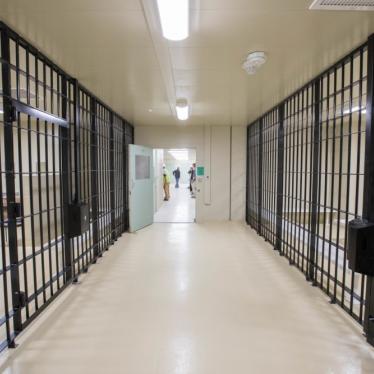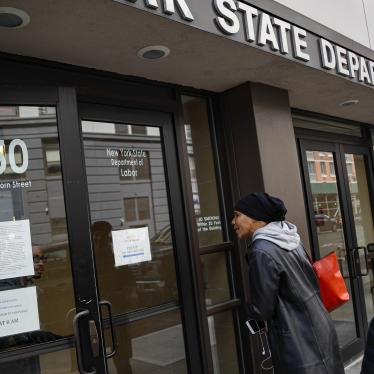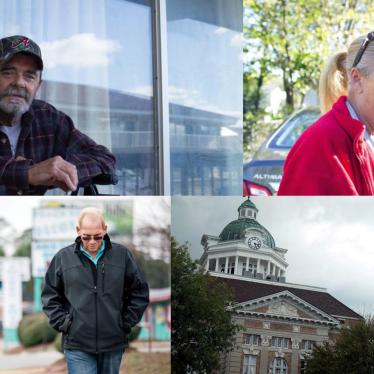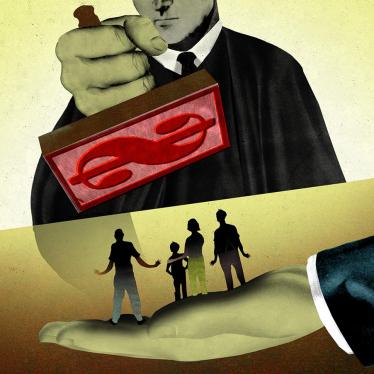COVID-19 has thrown New York City’s inequalities into sharp relief. People in low-paying jobs and immigrant workers have been the hardest hit by job losses. And for many of those most vulnerable to economic shocks, informal workers like street vendors, federal measures designed to cushion the blows are providing no relief.
The vast majority of street vendors in New York are low-income immigrant workers who rely on busy streets to survive. Without a safety net, they will fall into debt and have difficulty caring for their families or paying rent — or they may risk their health and well-being trying to make up the lost income.
This is already happening.
On April 21, I spoke with a woman, one of 360,000 undocumented workers in New York City, who has been a street vendor for 20 years. She sells tamales, rice pudding and corn with mayonnaise on the streets of Brooklyn. She said she stopped working after March 9 as the lockdown restrictions became stricter. While those selling food, fruits and vegetables are considered essential and can remain open, some vendors report that their sales have fallen by more than half.
This vendor is a single mother of four children, and with every day that passes, her financial worries mount. She considered going back to work, but fear of contracting the virus and possibly infecting her children has kept her inside. She also has diabetes, which increases the risk of serious complications from the virus.
“In normal days, we already live from day to day,” she told me. “Now, I am worried about having enough to put food on the table.”
The $2 trillion Coronavirus Aid, Relief and Economic Security Act delivers no financial assistance to workers like her. Although she pays taxes on what she sells, she is ineligible for government support because she does not have a Social Security number. She will not receive the one-time payment of $1,200, and cannot apply for the Pandemic Unemployment Assistance Program, which is closed to undocumented workers, even if they pay taxes.
Her rent is $1,000 a month. Utility costs are $300. She wasn’t able to pay the April rent. She never missed a payment before and considers herself lucky because her landlady has been understanding. But she is concerned about paying the accumulated rent in several months. Normally, she works 14-hour days, six or seven days a week, making just $80 in profit per day, putting her below the city’s poverty threshold.
State and local governments, aided by private philanthropies, are attempting to fill in some of the gaps in the COVID-19 safety net. California plans to distribute $500 to 150,000 undocumented adults. The NYC-based Street Vendor Project aims to raise $90,000 to support its members. On April 17, the Open Society Foundation announced $20 million for a relief fund providing one-time payments to 20,000 immigrant families in New York City. And on April 26, New York City introduced a Fair Recovery Task Force, which Mayor de Blasio said would address the economic inequalities that the crisis has exposed.
Yet these measures are unlikely to be sufficient. The next federal stimulus package should support migrant workers and their families, who have a right to an adequate standard of living. New York City and state should expand financial support to those most in need, which could include direct cash transfers until lockdown restrictions are lifted.
To achieve lasting changes and reduce inequalities that create such extreme vulnerability to crisis, the government needs to strengthen a deeply frayed social safety net and extend labor protections to all workers, including undocumented ones.
“Every day I wake up and worry about what will happen the next day, the next week,” the Brooklyn street vendor told me. “More than anything, I want to be treated as human being, I want the government to see us as part of the community. We too have rights.”










